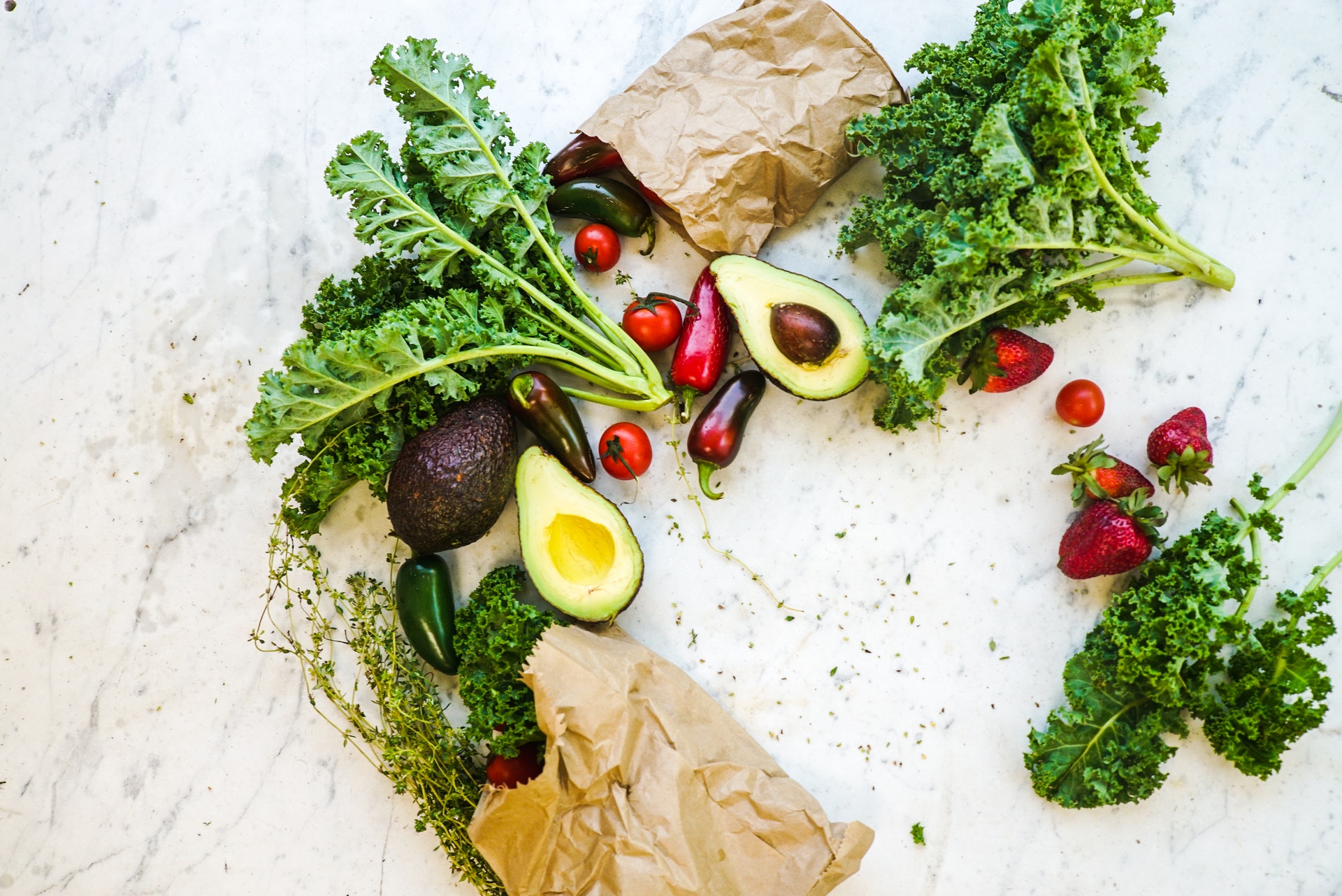
Body + Mind is reader-supported. We may earn an affiliate commission when you buy through some of the links on our site.
Hormones can wreak havoc on your sense of well-being. Fluctuations can cause acne to erupt, damaging your complexion. Balancing them can improve your appearance and self-esteem — not to mention your health.
Fortunately, you can regain a sense of control by modifying what you eat. Everything you consume affects your chemistry for better or worse. Here are eight dos and don’ts for following the hormonal acne diet.
Your body needs the right blend of nutrients to function at its best. Add more of the following four foods to your diet for a better hormonal balance.
Yellow and orange veggies are laden with antioxidants, particularly carotenoids, giving this food group its distinctive colors. They contain substances like beta-carotene, the precursor of vitamin A. They also provide a healthy dose of vitamin C to stimulate immune function — including your ability to battle acne-causing bacteria.
Many topical acne preparations contain A and C derivatives. For example, Retin-A is a synthetic form of vitamin A that works faster than retinol because your body doesn’t have to convert it before use.
You should add peaches to your diet if you have a family history of breast cancer. According to research published by the National Institutes of Health, eating this fruit two times a week can lower your risk of breast cancer.
Dark, leafy greens are another excellent source of antioxidants — different ones than you’ll get a mega-dose of when increasing your intake of yellow and green veggies. Spinach, kale and swiss chard are rich in B-vitamins, and other nutrients like A, D, E and K. These help improve skin texture and treat various complexion problems, useful if hormonal acne sends you to Breakout City once a month.
Foods like spinach also contain a healthy dose of iron. The symptoms of anemia — caused by a lack of this nutrient — can mimic the signs of hormonal disruption. Many women, in particular, dismiss their symptoms as PMS or menopause when a bit more of this nutrient could correct their fatigue and irritability.
Seafood is rich in two nutrients that help hormonal health — vitamin E and omega-3 fatty acids. Vitamin E may prevent breast cancer by altering the cellular response to estrogen. It may also have beneficial effects elsewhere in the reproductive system.
Omega-3 fatty acids help preserve the ideal balance to omega-6 fatty acids in your body — more on that later. Modern consumption of seed oils in processed foods throws the ratio out of whack. When this occurs, it contributes to hormonal disruption and widespread inflammation,
Nuts and seeds contain many vital minerals like magnesium that help support a healthy hormonal balance. Seeds may be particularly helpful. They contain lignans, which affect your estrogen levels. Flaxseeds are the richest source of these substances that also occur in sesame and sunflower seeds and pepitas.
You should add the above healthy foods to your hormonal acne diet. However, it’s just as critical to know what to avoid. Consume the following in moderation, if at all.
All-purpose flour exists in scores of prepared foods, baked goods and breading — but it could be spurring the rising prediabetes rate. That’s because the manufacturing process produces alloxan, a chemical that can destroy your pancreas — the organ responsible for producing insulin. When you mix it with the rapidly-absorbing nature of this food that leads to blood glucose spikes, you have a recipe for disaster.
Blood sugar spikes are problematic when it comes to your hormones. For example, doctors now suspect insulin resistance lies behind nearly all cases of polycystic ovarian syndrome (PCOS). That’s because high insulin levels tell your body to produce more androgens, the female equivalent of testosterone. It’s why many women with this condition develop hairs on their chins or chest.
You might want to avoid milk products if you suspect hormonal dysregulation. That’s because these foods contain a hormone called Insulin-like Growth Factor 1. This substance promotes the production of androgens, leading to conditions like PCOS.
Modern humans get too many omega-6 fatty acids in the typical diet. These occur in foods such as vegetable oils. While they offer health benefits, they can become detrimental if the ratio of omega-3 to omega-6 fatty acids in your body skews too far from the idea.
Monthly shifts can cause acne breakouts that affect your self-esteem. Heed these eight tips to follow the hormonal acne diet and experience relief.
Your email address will only be used to send you our newsletter, and at any time you may unsubscribe. For more information, see our Privacy Policy.